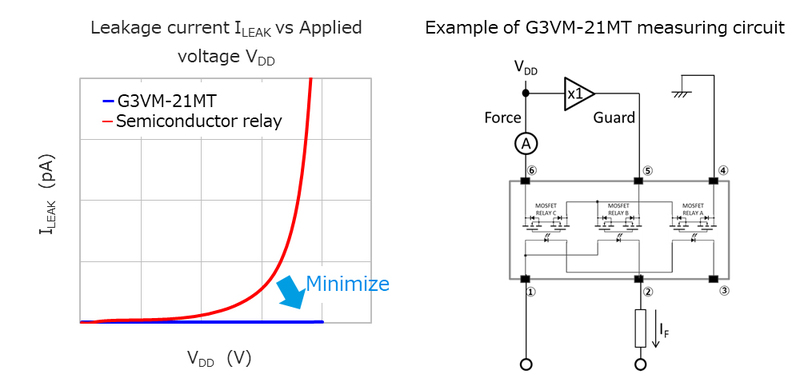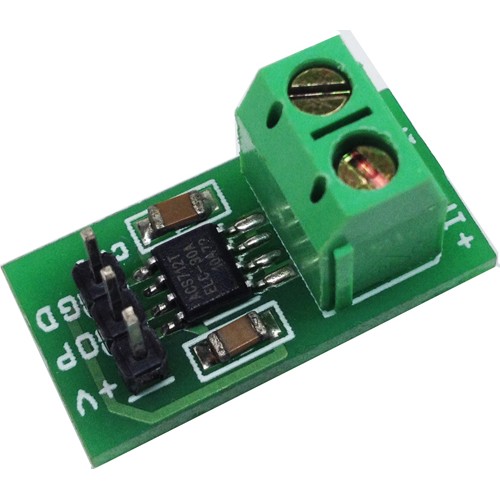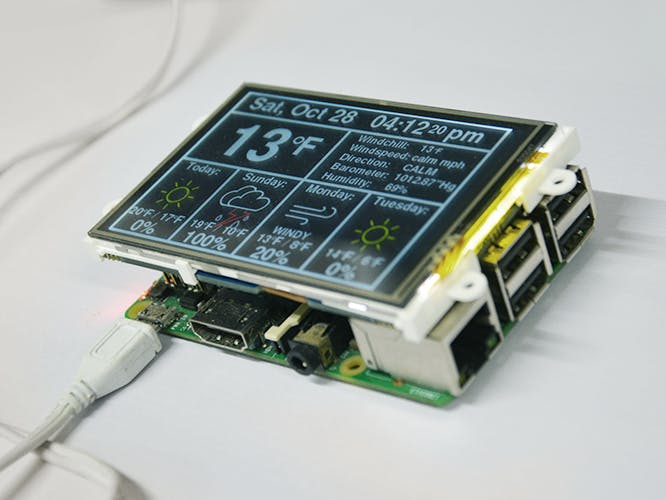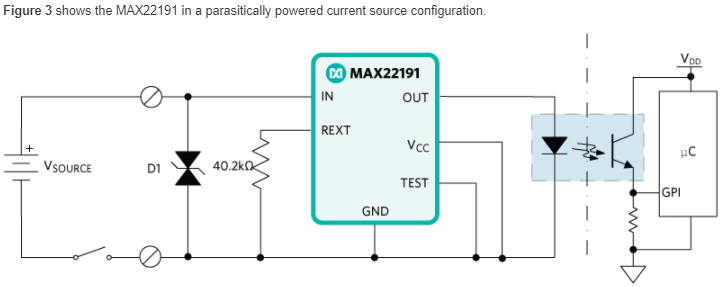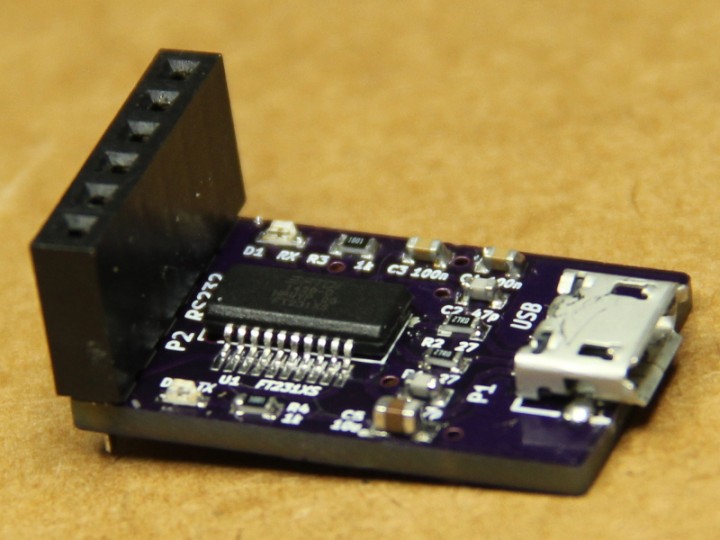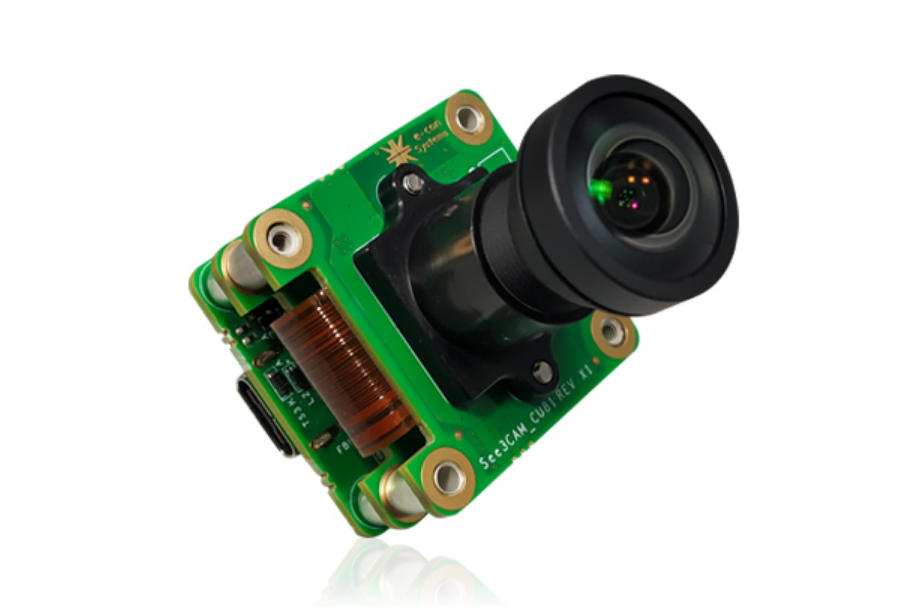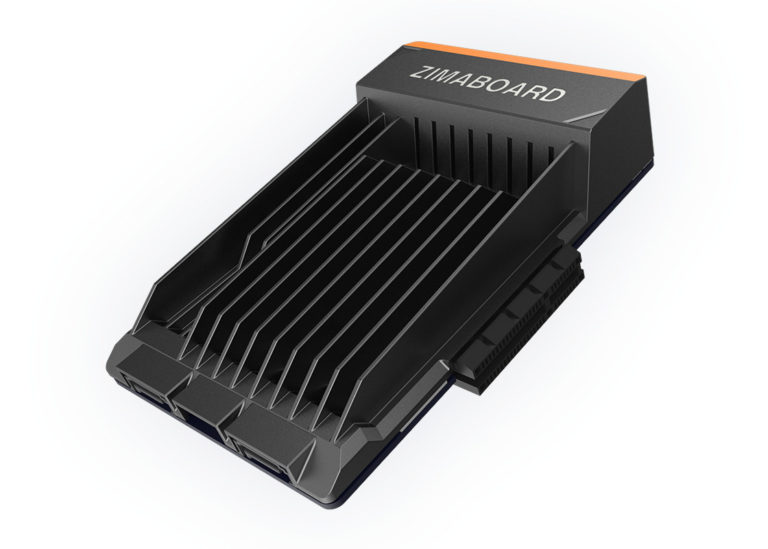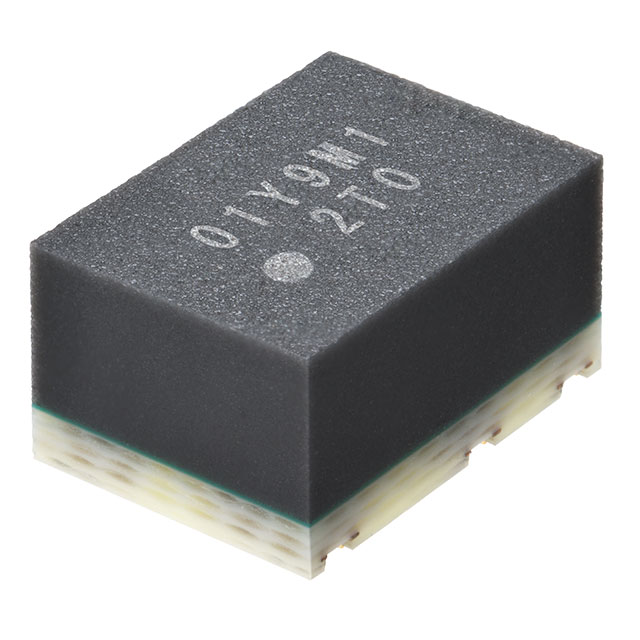
World’s First MOS FET Relay Module “G3VM-21MT” with Solid State Relay in “T-type Circuit Structure”
OMRON Corporation of Kyoto, western Japan globally released its new MOS FET (*1) relay module “G3VM-21MT” on December 2, 2019.
The product is the first electronic component in the world (2) to adopt a “T-type circuit structure” (3). With a T-type circuit structure consisting of compact-size and longer-lifecycle solid-state relays that output signals using no physical contact, the relay module minimizes the leakage current (*4) that has long been a problem with semiconductor test equipment. G3VM-21MT allows high-precision measurement and improves the productivity of electronic components.
Features
- Contribute to reduce the mounting space on the print circuit board by small package
- Current leakage when the main line is open and sub line is close :1 pA (Maximum) at VOFF =20 V
- Contact form: 1a (SPST-NO) + T-switch function
- Surface-mounting
G3VM-21MT enables switching measurement signals in test equipment mainly used to perform electrical tests for semiconductor devices. In addition to the MOS FET relay features of compact size and longer lifecycle, G3VM-21MT is the world’s first MOS FET relay module with “T-type circuit structure” which consists of three MOS FET relays that help reduce the leakage current to a minimal level without affecting test equipment’s inspection accuracy while allowing high-precision measurement and decreasing maintenance frequency of test equipment.
Amid the digital age where functions of electronic components are getting diversified and production volume is increasing, there is a growing need for higher performance of semiconductor test equipment. Mechanical reed relays (*5), which have been used for a part that performs a high-precision measurement in semiconductor test equipment, have extremely low leakage current but they require replacement on a regular basis, maybe several times for every single month due to wear and abrasion of the contacts that lead to affecting measurement accuracy. Such maintenance work may substantially affect production efficiency and so the adoption of solid-state relays has been long desired for their longer lifecycle. So far, MOS FET relays are considered not suitable for precise electrical tests due to technical difficulty to reduce leakage current in relation to its feature and were not used in test equipment which requires high reliability.
more information: www.components.omron.com





